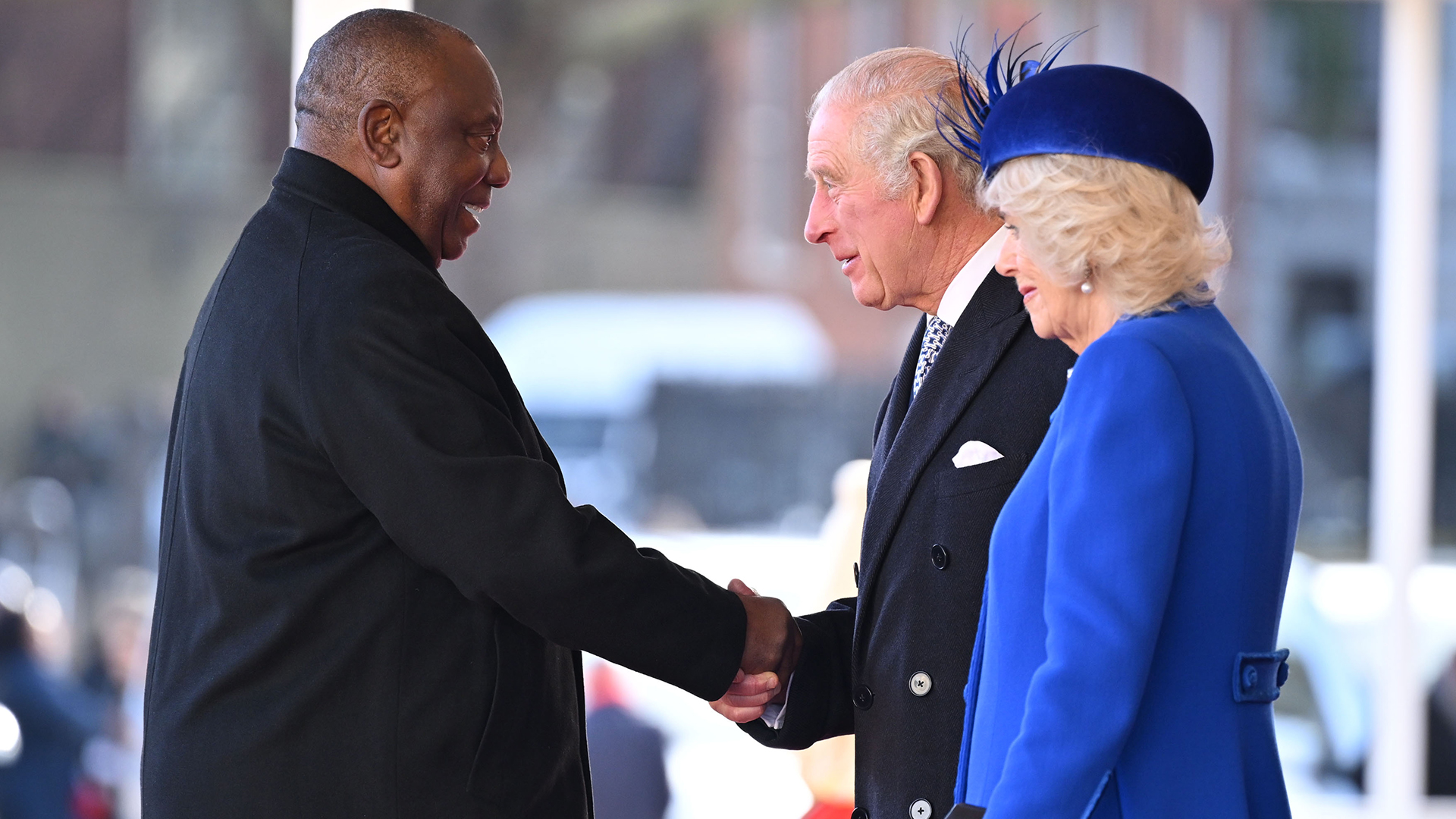- The United Kingdom has made a series of promises and pledges to aid South Africa’s energy transition plans.
- This comes as President Cyril Ramaphosa was welcomed to the UK during a state visit, where he addressed the British Parliament.
- South Africa is one of the UK’s largest trading partners, and the country is set to give billions to South Africa’s many decarbonisation initiatives through public and private funding.
The green energy plans of South Africa are set to receive major backing from the UK, according to an announcement made by President Cyril Ramaphosa during his state visit to the European nation.
As part of the partnership, the UK has pledged grants of yet-to-be-disclosed funds to South Africa’s Just Energy Transition project (JETP), and will provide, “grant-funded technical assistance to South Africa to help unlock green hydrogen opportunities.”
On Tuesday, President Ramaphosa addressed the Joint Sitting of the British Parliament and thanked the UK for its future contributions to South Africa’s green energy transition.
“We greatly appreciate the commitment of the United Kingdom to the implementation of the Just Energy Transition Agreement that was reached at COP 26 at Glasgow last year between South Africa, the United Kingdom, the United States, the EU, France and Germany,” he said.
We greatly appreciate the commitment of the United Kingdom to the implementation of a just energy transition in South Africa.https://t.co/oiItGHP7Iy
— Cyril Ramaphosa 🇿🇦 (@CyrilRamaphosa) November 22, 2022
“It demonstrates a clear recognition by the UK government of the importance of supporting the transition to low-carbon economies in a manner that does not disadvantage affected workers or communities or industries that will be impacted negatively by a move to low-carbon economies.”
“Green hydrogen” is one of the several green industries that South Africa is seeking to pursue as part of the transition away from fossil fuels. It is a fuel source that is produced using renewable electricity and therefore has a far more reduced carbon footprint.
The JETP includes other sectors preparing to decarbonise in the country, including the electricity and transport sectors. The transport sector is earmarked for transition through the future development of EVs.
South Africa is planning four green hydrogen projects, including a pipeline worth about R270 billion according to News24 (paywall). These projects will also be able to leverage knowledge sharing linked to the UK’s Partnering for Accelerated Climate Transitions (UK PACT) programme.
This includes academic cooperation between the UK’s Teesside University and Stellenbosch University in South Africa. Apparently, Teesside University was instrumental in building a regional hydrogen economy in the UK.
Private UK company Hive Energy has pledged a $5 billion investment, according to UK government, to build a green ammonia plant in South Africa. This plant is set to create local jobs and add more economic opportunities for private firms in both nations.
Another UK business, Globeleq – which is majority owned by British International Investment – announced on Tuesday that it has reached legal close on six solar power projects, with construction expected to kick off in South Africa next year.
This is added to the ~$6.4 billion that other UK companies will reportedly be investing in South African infrastructure in the next phase of the UK-South Africa Infrastructure Partnership, also launched on Tuesday.
“South Africa is already the UK’s biggest trading partner on the continent, and we have ambitious plans to turbocharge infrastructure investment and economic growth together,” said UK Prime Minister Rishi Sunak about the ongoing developments. South Africa’s trade agreements with the UK are worth $12.7 billion annually, according to a press release sent to Hypertext.
“We’ve called on the UK and other partners to ensure that a substantial part of the funding that has been offered through the just energy transition deal takes the form of highly concessional loans as well as grants and of course investments by development funding institutions in the various countries as well as commercial banks,” Ramaphosa told the British Parliament.
“Those countries that carry the least responsible for global warming are the most vulnerable to its effect. They do not have the resources needed to adapt to drought, floods and rising sea levels and as they seek to grow, as they seek to industrialise and diversify their economies their energy needs will increase and the space they have to reduce emissions will keep on narrowing.”
The president said that this places a responsibility on the more industrialised nations of the world to contribute substantial resources to low and medium-income countries to fund their climate actions, something that should not be seen as charity.
“It is compensation for the harm done and the harm yet to be done to people in developing economies as a consequence for the industrialisation that wealthy countries have had over many years.”
South Africa’s KwaZulu-Natal province was struck with devastating floods this year, attributed to the effects of climate change. In West Africa, Nigeria experienced its worst-ever flooding which has led to 612 deaths and over 1.4 million people without homes.
[Source – News24]
[Image – The Royal Family on Twitter]

